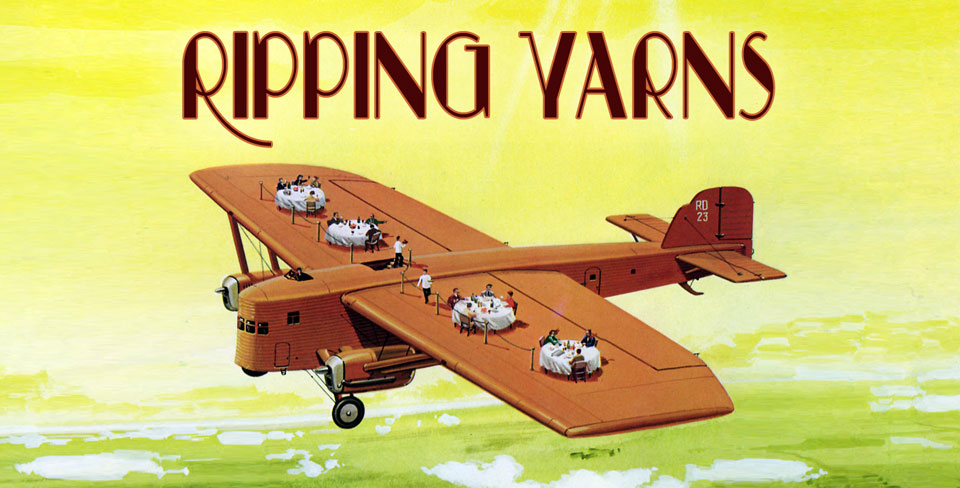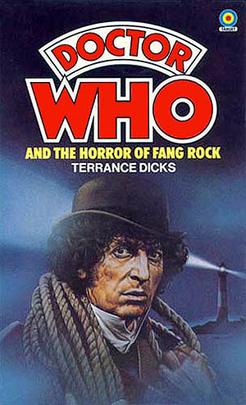From the murky depths of the Ripping Yarns t_ape archive comes My Life As A Dalek, just in time to mark the fascistic pepper-pots triumphant return to our screens this weekend. This half hour programme was originally broadcast in 2003, towards the end of the Doctor Who dark ages. It's all a bit of a luvvie-in and quite right too.
"Mark Gatiss peeks below the skirts of Dr Who's most feared adversary to celebrate their 40-year reign of galactic tea-time terror. It is an affectionate tribute on the 40th anniversary of the first appearance of the Daleks, Dr Who's celebrated pepper-pot adversaries.Mark talks to the many men and women who donned the tin headgear and those who created and styled the arch-enemy of the man from Gallifrey. My Life As A Dalek traces their history. Mark hears from actors, designers, creators, fans and enemies of the Daleks who reveal inside stories about their monstrous appearances from the planet Skaro.Ridley Scott was originally commissioned to design the Dalek but he turned the job down and went on to become a blockbuster film director. Writer Terry Nation's original notion was to see the Daleks as "futuristic slave traders" crossing the galaxy and capturing other creatures to act as their agents.Roy Skelton was the voice of the Daleks for 20 years and employed numerous radiophonic tricks to make the "exterminate" the perfect grating cry.Producer Verity Lambert talks about the moment when BBC executives nearly turned the Dalek design down on the grounds that it was "just another bug-eyed monster" and sci-fi writer Kim Newman talks about its fascist overtones.There are interviews with actors Terry Malloy who played the role of Davros, Dalek operators John Scott-Martin and Cy Town, Frazer Hines, Alexei Sayle and Rula Lenska.










